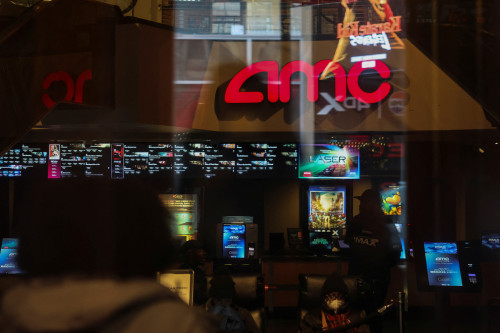 1
1 1
1
By Fabian Cambero
SANTIAGO (Reuters) -Chile will start talks with SQM over its operations in the Atacama “this semester” to convince the world’s No. 2 lithium mining company to sign onto a state-led public-private model, the economy minister said on Monday, while SQM said it would need to invest an additional $2 billion under the new strategy.
In his first interview with international media since the government last week announced plans for state control of the metal key for electric vehicle batteries, Economy Minister Nicolas Grau told Reuters state miner Codelco would start talks over public-private lithium production “as soon as possible.”
While Codelco dominates copper output in Chile, the world’s top copper producer, the state has yet to produce lithium.
“Codelco’s conversations with the companies that operate in the Salar de Atacama, particularly with SQM, which ends its contract in 2030, is something that will begin immediately during this semester,” Grau said.
In a statement later on Monday, SQM said they met with Chile’s state development office Corfo to discuss the lithium strategy and said the company would need to invest $2 billion of additional capital to achieve the plan’s sustainable goals.
Grau added that progress was also expected with U.S.-based Albemarle Corp, the world’s top lithium producer, whose contract expires in 2043.
Albemarle and Santiago-based SQM are the only two lithium producers in Chile and operate in the Atacama salt flat, which has 90% of the Andean country’s lithium reserves. Stocks for both companies plummeted on Friday following President Gabriel Boric’s nationalization announcement.
At closing on Monday, SQM’s stock had recovered 6.1% while Albemarle had bounced back 5.9%.
When asked about the minister’s statements, Albemarle said they had no new comments and referred to their previous statement that the plan would have “no material impact on our business.”
“Regarding the conversations related to the Salar de Atacama, I want to be very clear on this, it is something that is going to be defined during this government,” Grau said, adding that there are no concrete deadlines, but all actors are aware of the urgency involved. The next national election is scheduled for 2025.
The strategy includes a new national lithium company, which congress must approve, but Grau said the government believes Codelco has the “capacity to assume new challenges” as well as the “scale and know-how” to deal with lithium.
Grau added that Codelco can start moving forward with establishing public-private partnerships with companies that have advanced explorations in the Maricunga salt flat.
For other salt flats, Grau said the agreements will depend on the development timelines, productive and strategic value of each project.
“It is reasonable to leave some space so that the concrete public-private structuring of each salt flat depends on the interest of each one,” Grau said, adding that Boric noted that the government “control will be reserved for salt flats considered to be strategic.
Chile, which holds the world’s largest lithium reserves and is the second-largest producer globally after Australia, mainly produces the white metal from salt lakes, rather than from hard rock mines.
Grau added that the government will start hosting talks with local and Indigenous communities in the Atacama salt flat early on. Some communities have had strong opposition to lithium projects, but the government has said it would raise production while caring for ecosystems.
The minister said that most of the steps to implement the new lithium strategy will be implemented this year, but the creation of a new national lithium company can take longer.
(Reporting by Fabian Andres Cambero; Writing by Alexander Villegas; Editing by Josie Kao and Marguerita Choy)